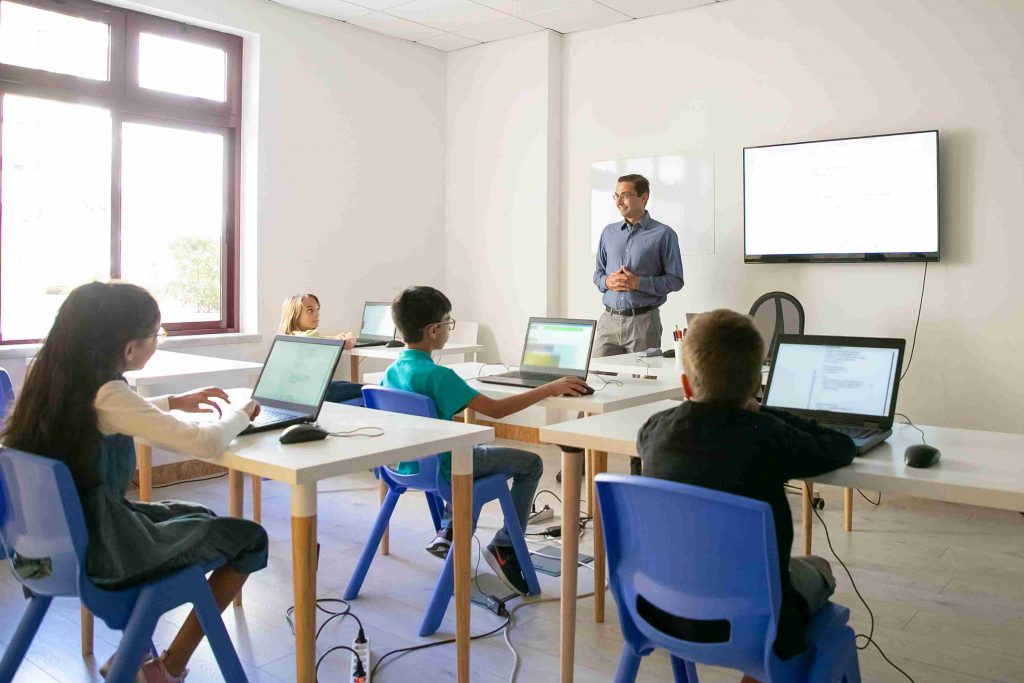
Revolutionizing Indian Education for a Brighter Tomorrow
In a nation as diverse and dynamic as India, the education system plays a pivotal role in shaping the future of its children and consequently, the trajectory of the entire nation. However, despite strides in various sectors, the Indian education system often grapples with challenges that hinder its ability to fully unlock the potential of every child.
One of the foremost challenges is the lack of accessibility to quality education, especially in rural and marginalized communities. Limited infrastructure, inadequate resources, and a shortage of qualified teachers contribute to this disparity, depriving countless children of their right to a meaningful education.
Moreover, the traditional rote-learning approach prevalent in many Indian schools stifles creativity and critical thinking skills. Instead of nurturing curiosity and innovation, students are often burdened with memorization, leaving little room for exploration and experimentation.
Another pressing issue is the prevalence of outdated curricula that fail to equip students with the necessary skills for the rapidly evolving global landscape. In a world driven by technology and innovation, there is a growing need to revamp the education system to ensure relevance and efficacy in preparing students for the challenges ahead.
However, amidst these challenges lie immense opportunities for transformation and growth. By reimagining the education system, India can unlock the untapped potential of its children, paving the way for a brighter and more prosperous future.
To achieve this, stakeholders at every level – policymakers, educators, parents, and communities – must come together to enact meaningful reforms. Investing in teacher training programs, enhancing infrastructure in underserved areas, and promoting inclusive and holistic approaches to learning are just a few steps towards this collective goal.

Furthermore, embracing technology as a tool for learning can democratize access to education and personalize learning experiences for students. Online platforms, interactive multimedia resources, and digital classrooms have the power to bridge the gap between urban and rural education, providing equal opportunities for all.
Additionally, a shift towards competency-based education, focusing on skills rather than rote memorization, can foster a culture of lifelong learning and adaptability among students. Encouraging creativity, critical thinking, and problem-solving skills will not only empower individuals but also contribute to the nation’s economic and social development.
In conclusion, reimagining India’s children’s education system is not merely a necessity but a moral imperative. By addressing the existing challenges and embracing innovative solutions, India can unlock the full potential of its most valuable asset – its children. Together, let us embark on this journey toward a brighter future, where every child has the opportunity to thrive and contribute to the nation’s progress.
